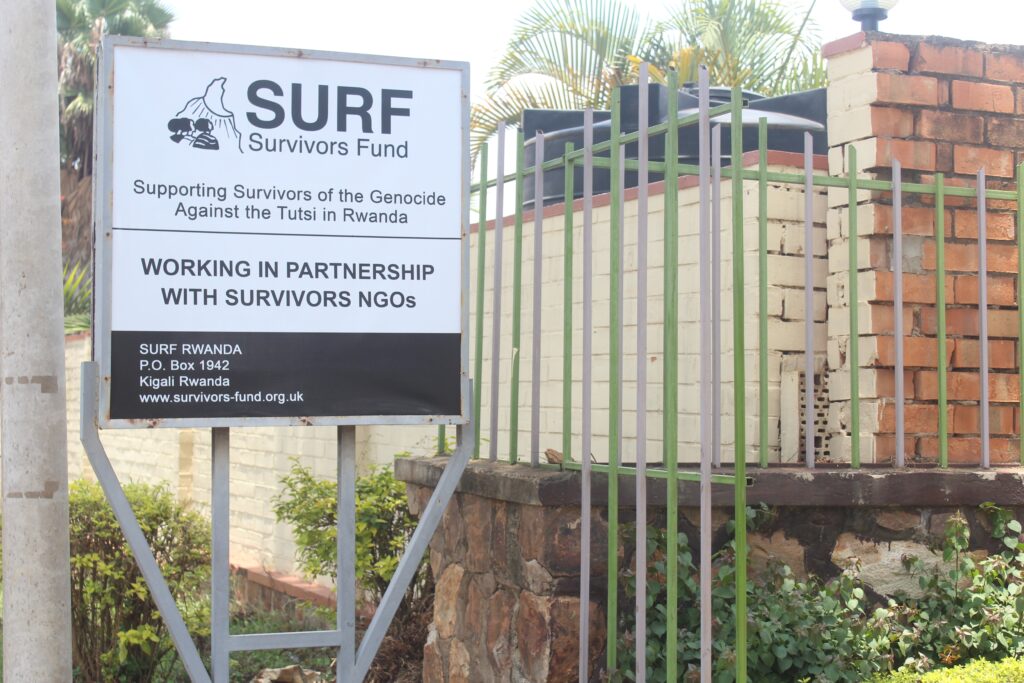
This is one of a series of extracts of questions and answers from An interview with Samuel Munderere and David Russell of Survivors Fund (SURF) on reparative justice for survivors of the 1994 Genocide against the Tutsi in Rwanda published in a Special Issue of Peace Review, a journal of social justice, to mark the 30th Anniversary of the Genocide against the Tutsi in Rwanda.
Having worked with Rwandan genocide survivors for so many years, could you share some of what you have learned from them and with them and your hopes for SURF’s partnership with survivors in the coming years?
Working with Rwandan genocide survivors has been a deeply humbling and enlightening experience. Through their resilience, courage, and determination, survivors have taught us invaluable lessons about the human capacity for hope and resilience in the face of unimaginable trauma and loss.
One of the most profound lessons learned from survivors is the importance of survivor-led initiatives in shaping the trajectory of their own recovery and advocating for their rights. Survivors are not passive recipients of aid but active agents of change in their communities, driving efforts to address the root causes of their suffering and to build a brighter future for themselves and future generations.
Our hope for the partnership of Survivors Fund (SURF) with survivors in Rwanda in the coming years is to continue fostering collaboration, empowerment, and solidarity. We hope to see SURF further amplify the voices of survivors, support their initiatives for justice and reparations, and promote their holistic well-being and dignity. By prioritising survivor-centred approaches, SURF can continue to be a catalyst for positive change and transformation in Rwanda, contributing to the realisation of justice for genocide survivors.
